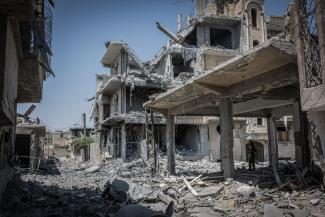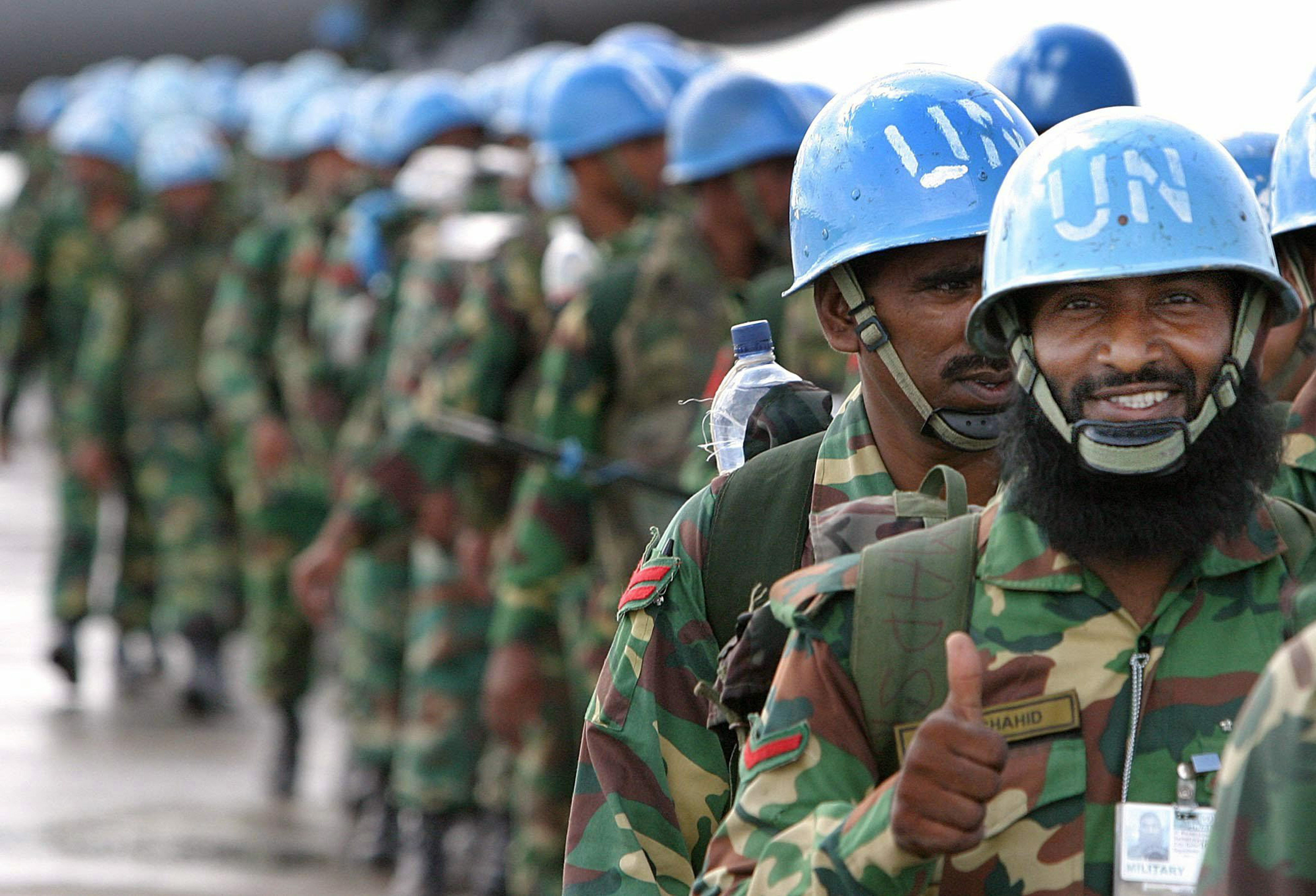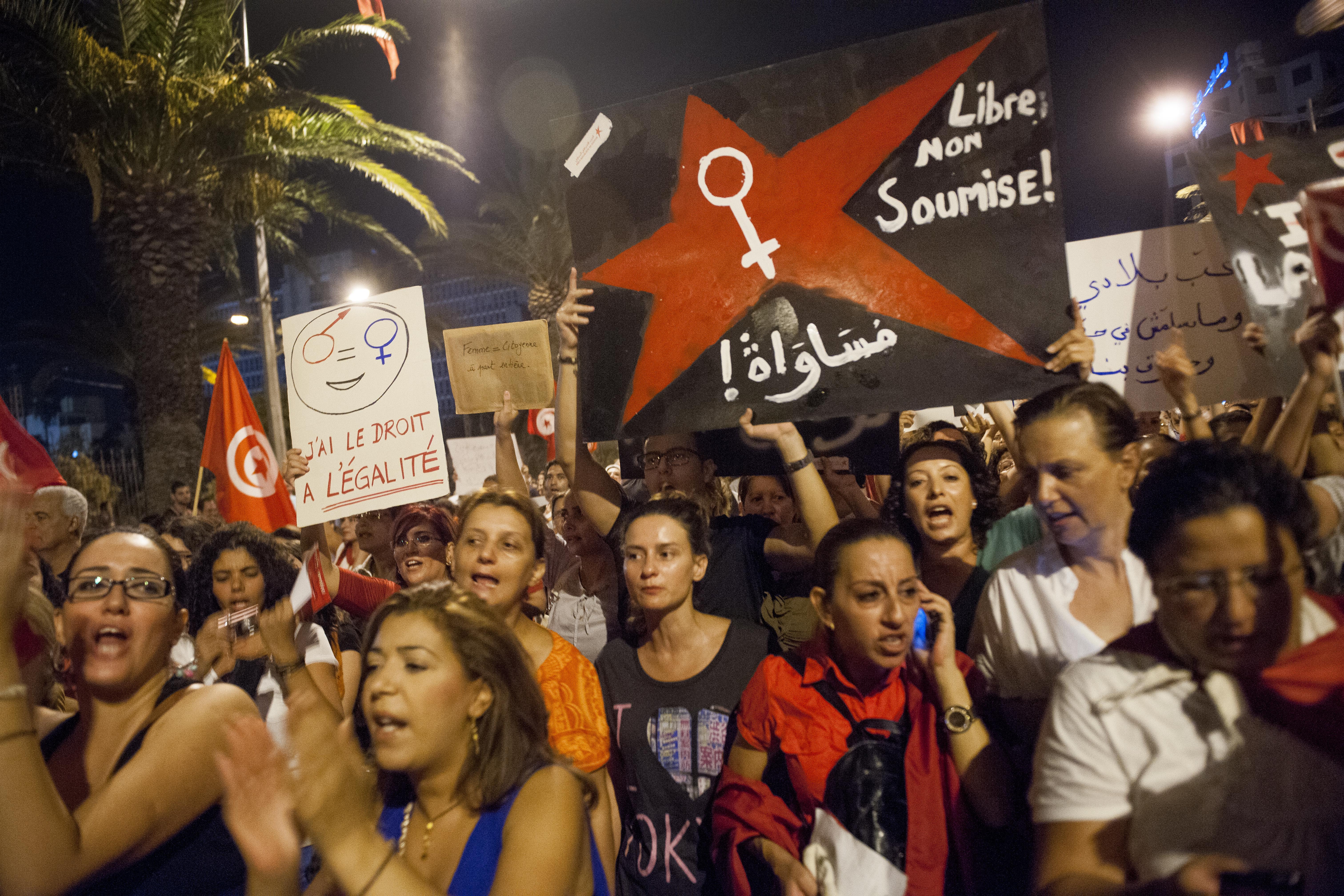Syria
Insights into a war-torn country

Only in people’s memory and history books does Syria still exist as a coherent state. In its place, there are now several Syrias, argues the award-winning Abouzeid, who lives in Beirut. In an attempt to understand the tragedy, her book “No turning back” spells out the views of many different people.
It all started in 2011 with peaceful protests, when some youngsters wrote graffiti on walls, but it escalated into war and ultimately dissolved an entire nation. As the author reports, the UN stopped counting victims in 2013 because reliable information proved impossible to get. Experts now estimate that half a million have died, and that half of Syria’s 23 million people have been displaced from their homes.
Abouzeid regrets that the western public has lost interest in one of our age’s worst humanitarian and geopolitical disasters. The images are too horrific, the scenario is too complex, and an end is not in sight. At the same time, the war has impacts on Syria’s neighboring countries, and even on the EU, where millions of refugees have arrived.
For five years, Abouzeid has been traveling to Syria repeatedly. She visited the front lines, but she also went to Turkey, Washington and various places in Europe. In her many conversations with Syrian people, she wanted to find out why the situation kept getting worse. Her book consists of moving stories and vivid portraits, it does not offer sanitised coverage from a safe distance.
Abouzeid tells the story of Suleiman, who was a prosperous business man with family ties to autocratic President Bashar al-Assad. He saw no reason to protest and knew the rules of the game. But the courage of the activists and the prospect of a lasting political settlement fascinated him. He began to film the protests and post videos online. Assad’s security forces became aware of him and he underwent the ordeal of prison and torture.
Another important person Abouzeid writes about is Mohammad, who already opposed the regime before the Arab spring started and who basically identifies with radical Islam. He spent years in Syrian prisons, which have a reputation of torture, and became increasingly radical. Abouzeid neither spares readers the atrocities he witnessed nor the brutal violence he later perpetrated as a commander of the Al Nusra militia.
All of the book’s episodes have one thing in common: they show how people’s lives were turned upside down at some point during the war. In contrast to conventional war reporting, Abouzeid does not tell us what she saw and witnessed herself. Instead, she lets people tell their stories. Like pieces of a jigsaw puzzle, the episodes add up to one big picture that illustrates the tragedy of Syria’s war.
The book spells out that there can be no victors in this war. No matter on which side people stand, they all lose. It also shows how diverse political forces incrementally usurped an initially peaceful protest movement. Nonetheless, it becomes clear that none of the country’s main political players are in control anymore.
The news for Syria stay alarming; the human-rights situation is depressing. The big question is whether peace will get a chance in some kind of reunited Syria. According to a recent report issued by Germany’s Foreign Office, the police, security forces and secret service in Syria are systematically torturing members of the opposition and people suspected of supporting it. Even women and children are tortured.
Abouzeid’s impressive book can contribute to raising fresh awareness of the Syrian drama. Reading “No turning back” changes one’s perception of the news. It calls attention to the people affected.
Book
Abouzeid, R., 2018: No turning back: Life, loss and hope in wartime Syria. London: Oneworld.










